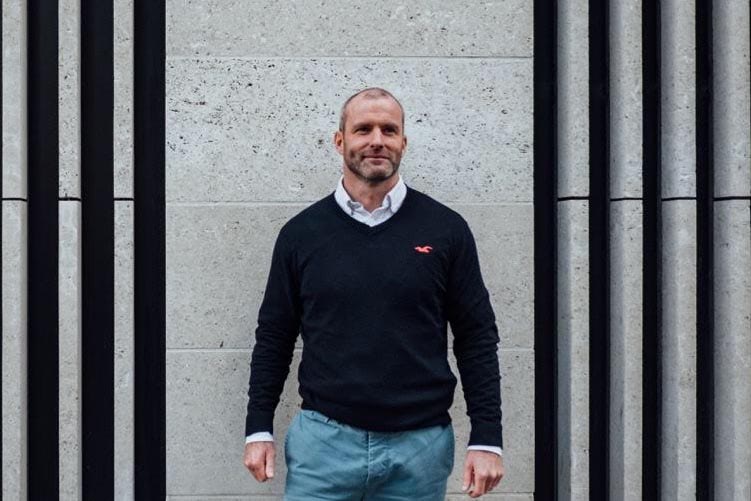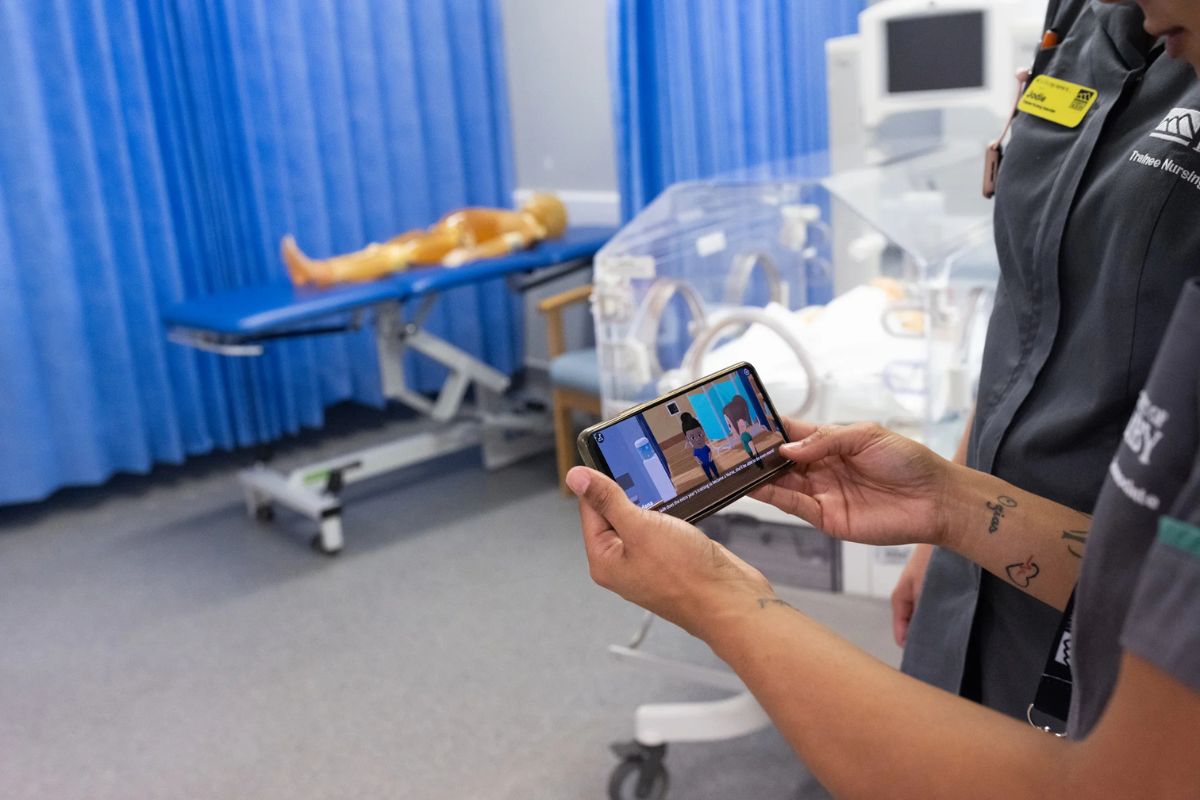This EdTech Revolution Ensured Teachers and Educationalists Learnt to Work Remotely, Think Outside The Box and Become More Digitally Savvy

The rise of Covid-19 will change behaviours in education permanently
The current issues we’re facing with education going digital and managing the curriculum online, has created all sorts of hurdles for students and schools to conquer.
‘The dog ate my homework’ has been replaced with ‘the internet dropped out’, and the average parent is expected to know the difference between a split-digraph, fronted adverbial and subordinate conjunction – to name but a few!!!
Teachers are under increasing pressure to provide a digital curriculum – but there is a huge disparity in provision across education establishments.
Super-crisis cohort
Some schools are maintaining their daily curriculum timetable, yet others are providing paper-based work for students to return according to their own schedule.
The uncertainty has even resulted in a rise in private online tuition, with a surge in revenue to the industry already worth an estimated £2bn.
Education has been thrust into a digital world, with Zoom meetings and Google classroom changing the way content is delivered, and we see teachers using technology in new and inspiring ways to deliver lessons via social media.
Yet, with all this tech at our fingertips, our students will still be finishing the academic year with a just list of grades as evidence for all they have achieved.
With exams currently suspended, teaching staff will be required to make unprecedented assessments of their students’ work in order to provide a predicted grade.
While this is all that can be done given the climate, it underlines a key shortcoming of grades being the sole source of evidence for a young person’s ability.
While grades clearly cut to the chase, with the world of tech taking the central stage (particularly for this cohort of school leavers) it seems mind-boggling that our ability to measure talent has not evolved.
The current crisis has highlighted, more than ever, the need for students and young people to add evidence to support their applications. This needs to be relevant to suit the world Gen Z are growing up in.
How better to evidence an A* predicted grade in French, than with a video demonstrating the conversational language skills? Or to add to your ‘B’ grade in drama, describing your drama performance ability by adding a video of your virtual performance?
Assessment to suit the world Gen Z are growing up in
The current crisis has highlighted more than ever the need for students and young people to add evidence to support their applications, in a new way to suit the world Gen Z are growing up in.
Yet this year, students will be admitted to universities based on their predicted grades. And while some may argue that their personal statement satisfies the need for supporting evidence, having been a Year 13 tutor and supported many students through this process, I know the incredible amount of time and effort which goes into this process for both the student and staff. Unfortunately, it remains questionable as to whether it gets a look in at the other end.
I believe there is more we can be doing for young people to evidence their seven years at secondary school. Schools deliver far more than a list of grades, they build resilience, ambition, communication skills, teamwork and transferable skills which will determine success in later life. But the question remains, how do we evidence such skills?
There is clearly an opportunity here for universities and apprenticeship providers to view supporting evidence around applicants when traditional methods are no longer available – and to prove predicted grades do not have to be the only measure of a young person’s capabilities.
#TalentStack
globalbridge is responding to the current crisis by providing schools and their students, FoC, with the digital means to not only evidence their predicted grades via all forms of multimedia – music audio clips, example of written work, performance videos and much more, but giving young people a digital record of achievement to support lifelong learning and access to opportunities.
We want to support education so young people don’t miss out on the opportunity to shout about their #TalentStack, allowing them to evidence their aspirations, skills, achievements and qualifications via the most appropriate means possible, not just a grade on a piece of paper.
With globalbridge, schools, colleges, universities and businesses now have the opportunity to evidence and view all relevant content in order to support the successful progress of our young people. Having uploaded nearly 10,000 new students to the platform in the last 14 days, education clearly agrees that this approach is vital!
At globalbridge, we understand the pressures on universities and businesses and help them to connect with their future cohorts and workforce – at a time when traditional methods, i.e., staff contact and careers fairs, are no longer available.
globalbridge is responding to the challenges facing education as we look to support home learning through digital resources, and support the success of student futures through our evidence based digital student profiles and opportunities network.











Responses